TimmyD11
TPF Noob!
- Joined
- Jul 2, 2017
- Messages
- 158
- Reaction score
- 10
- Can others edit my Photos
- Photos NOT OK to edit
I'm looking to get serious about photography again...well, amateur serious...
Now that larger sensors are appearing in point and shoots I thought about going that direction.
For a while I was actually somewhat impressed and satisfied with pictures taken on my Galaxy S6 smartphone.
And I especially liked the built-in HDR feature on this smartphone...
so I thought about getting something even better, hopefully and possibly with a built-in HDR function on it.
But my cell phone failed me at a big event I recently had (no zoom, little control over tricky lighting situations) and that has got me looking at cameras again.
So I am willing to go up to $1200 for a premium point and shoot bridge camera or a body and starter lens (and may purchase other lenses as I need and can afford them in the future) .
I might even spend a little more if I can be convinced I need to for some upgrade or feature.
My passion is wilderness - backpacking, canoe camping and hiking - and taking pictures while doing these things.
I'm not afraid of a little bit of weight (DSLR and lenses) but wouldn't mind going mirrorless and lighter if it's just as good...and there was a pretty good selection of pretty darn good and affordable lenses.
Part of me wished mirrorless killed off DSLR...or mirrorless never came about...because I don't know how to pick one.
Now that larger sensors are appearing in point and shoots I thought about going that direction.
For a while I was actually somewhat impressed and satisfied with pictures taken on my Galaxy S6 smartphone.
And I especially liked the built-in HDR feature on this smartphone...
so I thought about getting something even better, hopefully and possibly with a built-in HDR function on it.
But my cell phone failed me at a big event I recently had (no zoom, little control over tricky lighting situations) and that has got me looking at cameras again.
So I am willing to go up to $1200 for a premium point and shoot bridge camera or a body and starter lens (and may purchase other lenses as I need and can afford them in the future) .
I might even spend a little more if I can be convinced I need to for some upgrade or feature.
My passion is wilderness - backpacking, canoe camping and hiking - and taking pictures while doing these things.
I'm not afraid of a little bit of weight (DSLR and lenses) but wouldn't mind going mirrorless and lighter if it's just as good...and there was a pretty good selection of pretty darn good and affordable lenses.
Part of me wished mirrorless killed off DSLR...or mirrorless never came about...because I don't know how to pick one.


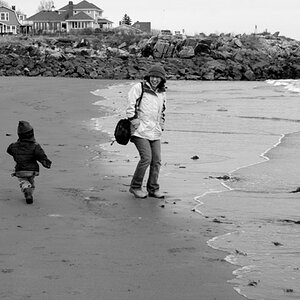
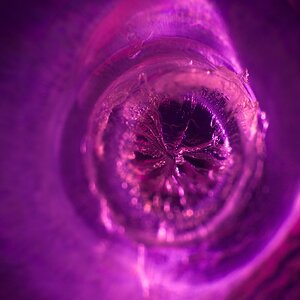
![[No title]](/data/xfmg/thumbnail/31/31741-ad9747739b48f0eb100f953fdf764930.jpg?1619734985)
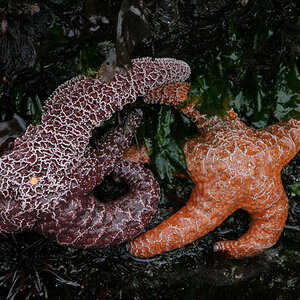
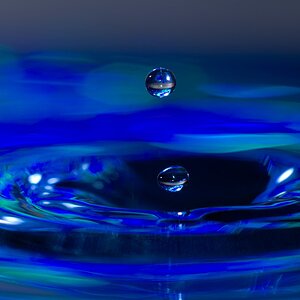
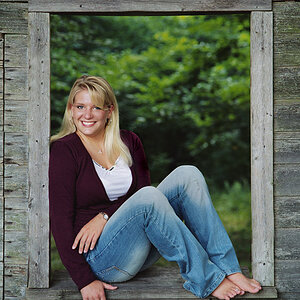

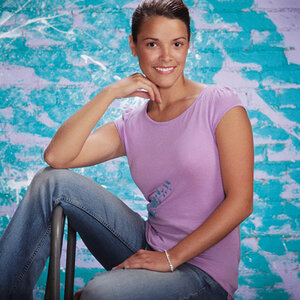
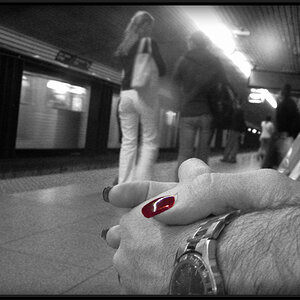
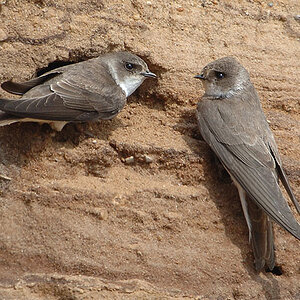
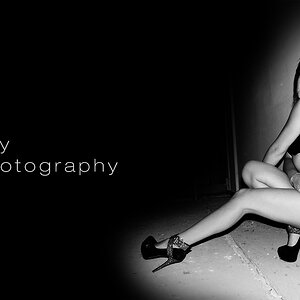
![[No title]](/data/xfmg/thumbnail/39/39511-592cbd68b1d797ffce7e41e4fbfed890.jpg?1619739066)